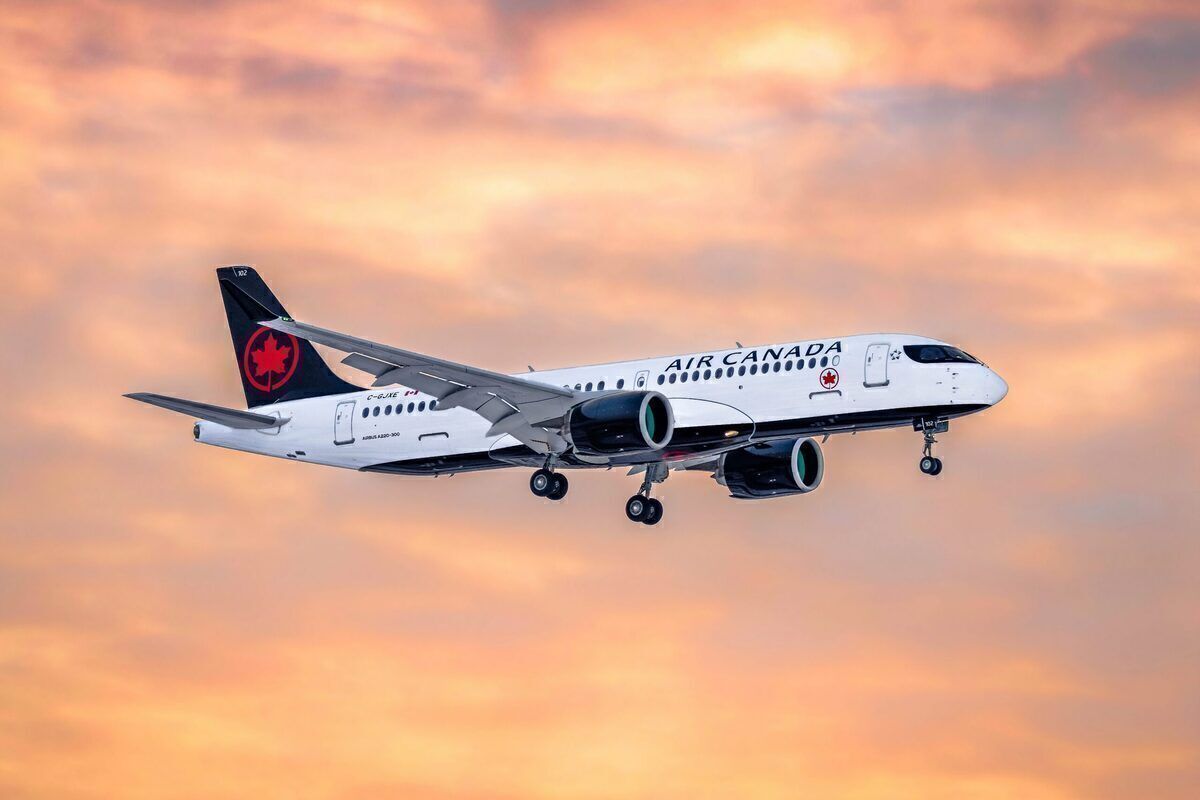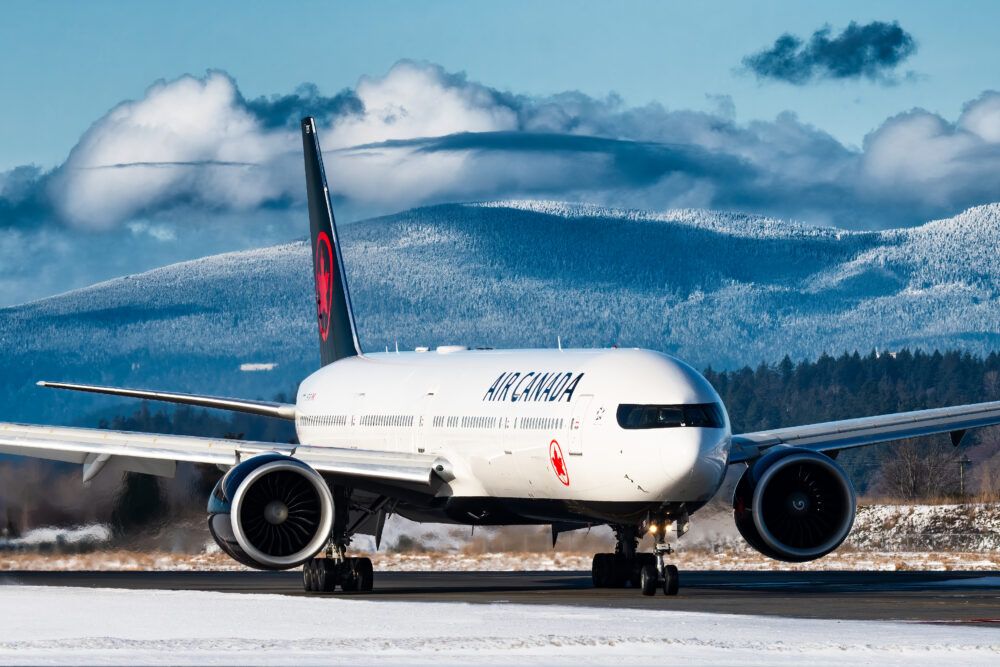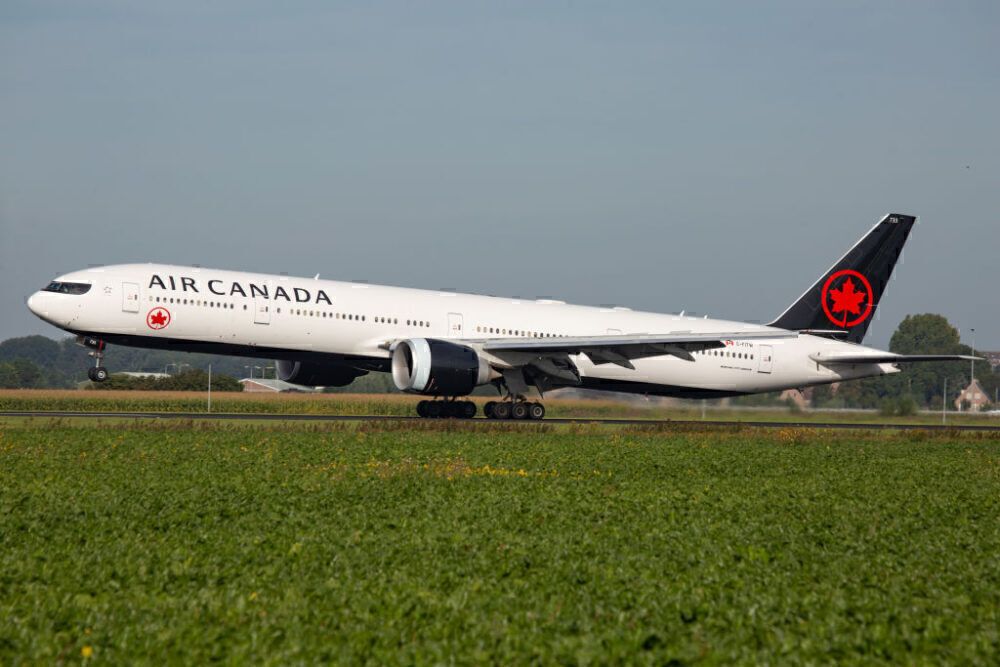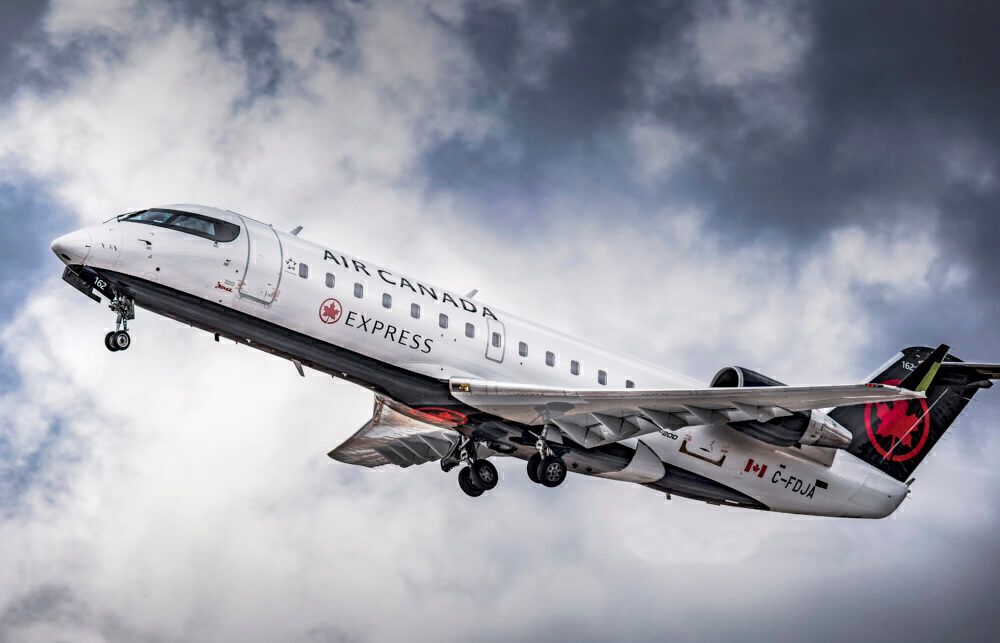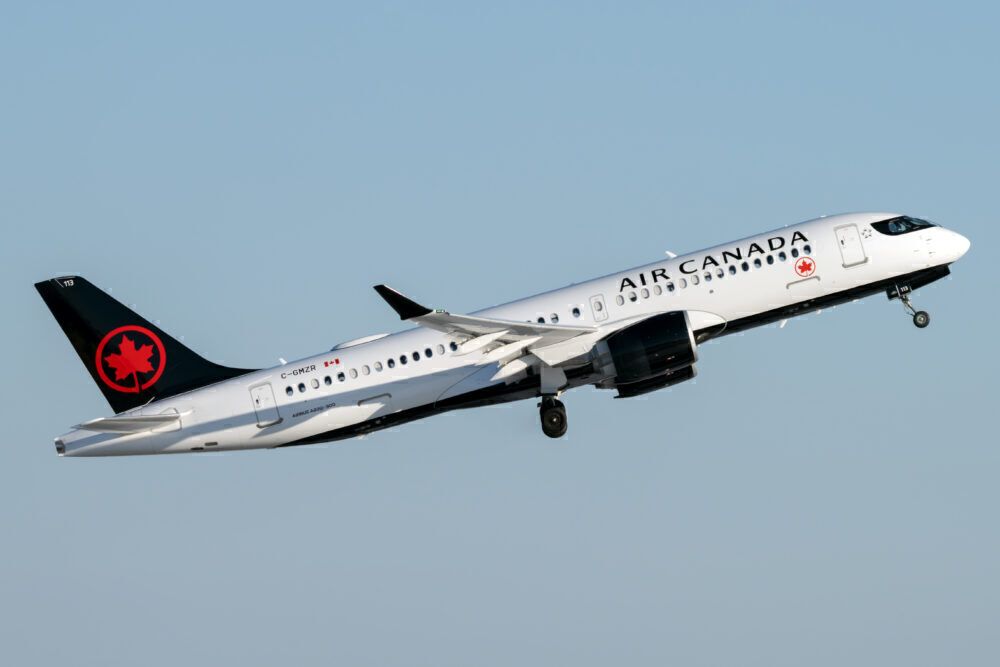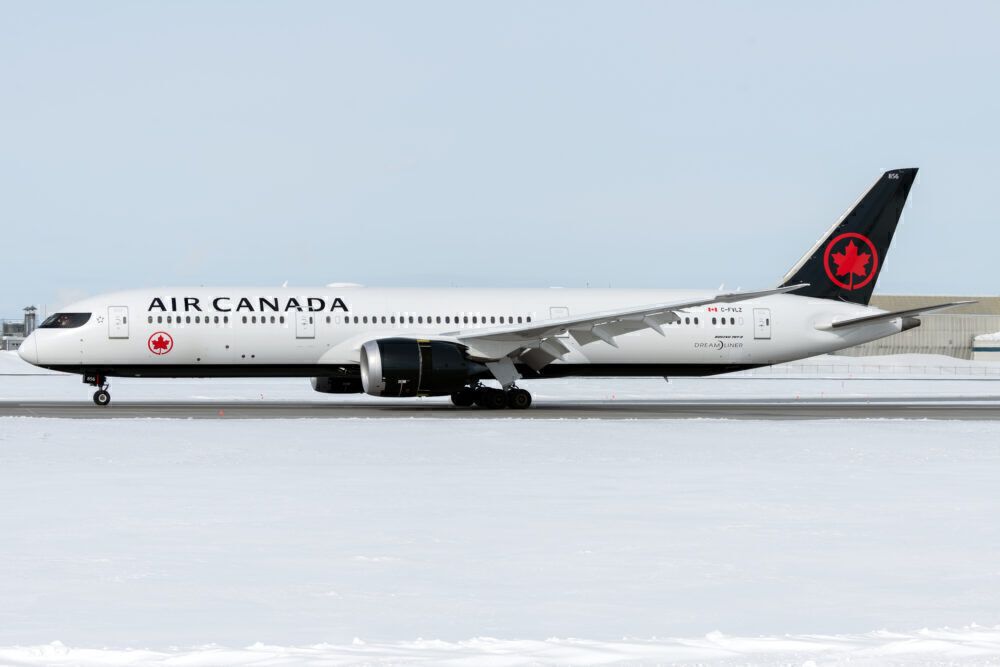Air Canada has announced on Monday a sweeping nearly C$6 billion ($4.7 billion) in aid from the Canadian government. The airline announced a series of debt and equity financing agreements with the state. The aid, which has been a long time coming in Canada, requires the airline to offer eligible customers refunds, resume services across Canada, and maintain its order book for Airbus A220 and Boeing 737 MAX aircraft.
Air Canada unveils liquidity program with government
Air Canada's liquidity program with the Government of Canada is equivalent to C$5.879 billion ($4.68 billion). The money is being made available to the air carrier through the Large Employer Emergency Financing Facility (LEEFF) program. The financial package includes fully repayable loans that Air Canada will only draw down as required. It also includes an equity investment.
The full program includes gross proceeds of C$500 million ($397 million) for Air Canada shares at a price of C$23.1793 per share (~$18.44 per share). A total of C$1.5 billion (~$1.2 billion) is available in the form of a secured revolving credit facility at a 1.5% premium to the Canadian Dollar Offered Rate (CDOR).
This is secured by assets of Aeroplan, Air Canada's frequent flier program, Air Canada's shares in Aeroplan, and certain assets of Air Canada, including certain intellectual property relating to Aeroplan.
In addition to this C$2 billion, another C$2.475 billion (~$1.97 billion) will be in the form of three unsecured non-revolving credit facilities of C$825 million (~$656 million) each. The first is a five-year tranche at a 1.75% premium to CDOR per annum. The second is a six-year tranche at 6.5% per annum, which increases to 7.5% after five years. The third is a seven-year tranche at 8.5% per annum, which increases to 9.5% after five years.
Up to approximately C$1.4 billion (~$1.1 billion) is in the form of an unsecured credit facility tranche. This will go to support customer refunds of nonrefundable tickets. This facility will have a term of seven years with an annual interest rate of 1.211%.
Air Canada also issued an aggregate of 14,576,564 warrants exercisable for the purchase of Air Canada shares at a price of C$27.2698 (~$21.70) per share during a 10-year term. This represents 10% of the total commitment available under the secured and unsecured facilities. 50% of the warrants vested concurrently with the implementation of the credit facilities. The remaining 50% will vest on a proportional basis to the amounts that Air Canada may draw under the unsecured credit facilities.
Stay informed: Sign up for our daily and weekly aviation news digests.
Refunds, network, and order book conditions
To get the aid, Air Canada had to agree to several commitments. The biggest win for customers is refunds. Starting on Tuesday, April 13th, eligible customers who purchased non-refundable fares but did not travel due to the pandemic since February 2020 will be offered the option of a refund to the original form of payment. Air Canada will not retract agency sales commissions on refunded fares.
The airline will also need to resume service across its network for nearly all regional communities where service was suspended due to the pandemic's impact on travel. The service must be resumed directly through Air Canada or through new interline agreements with third-party regional carriers.
Canada also requires the airline to complete the acquisition of 33 Airbus A220 aircraft. These jets will be manufactured at the Airbus facility in Mirabel, Quebec. The airline separately also agreed to complete its existing firm order of 40 Boeing 737 MAX aircraft. Both orders remain subject to the terms and conditions of those purchase agreements. This accounts for the jets that Air Canada canceled in 2020.
Much like how US aid to airlines was structured, Canada is restricting certain capital expenditures, restricting dividends, share buybacks, and senior executive compensation for Air Canada. In addition, the airline has to maintain employment levels no lower than those of April 1st, 2021.
Long-awaited aid for airlines
Air Canada has long sought aid from its home government. Now, the airline is getting billions of dollars to shore up the airline's finances. However, it does come at the cost of the government mandating the airline to refund passengers for canceled flights due to the crisis. This was a frustrating issue for many Canadians who could not access refunds for their canceled trips to their purchase of non-refundable tickets.
Michael Rousseau, the President and CEO of Air Canada, stated the following on the liquidity program:
"The additional liquidity program we are announcing today achieves several aligned objectives as it provides a significant layer of insurance for Air Canada, it enables us to better resolve customer refunds of non-refundable tickets, maintain our workforce and re-enter regional markets.
"Most importantly, this program provides additional liquidity, if required, to rebuild our business to the benefit of all stakeholders and to remain a significant contributor to the Canadian economy through its recovery and for the long term."
He further touted that Air Canada entered the pandemic with a strong balance sheet and was able to raise C$6.8 billion (~$5.4 billion) in liquidity on its own. However, the crisis has continued to drag on, and much of Canadian tourism has been decimated. The government has imposed strict entry requirements and quarantine mandates for travelers.
Canada is continuing to face a public health crisis that is entering the third wave of cases. As a result, the government has sought to minimize travel until it can ramp up its vaccination program and reach the end of the public health crisis. Air Canada is working with the Canadian government on test-and-quarantine relief measures to create a safe restart of Canada's tourism sector.
Until that day arrives, when Canada reopens fully, the government has provided Air Canada with the aid it needs. Other airlines are likely to also receive aid in the coming days or weeks.
Are you glad to see Air Canada get government aid? Let us know in the comments!

